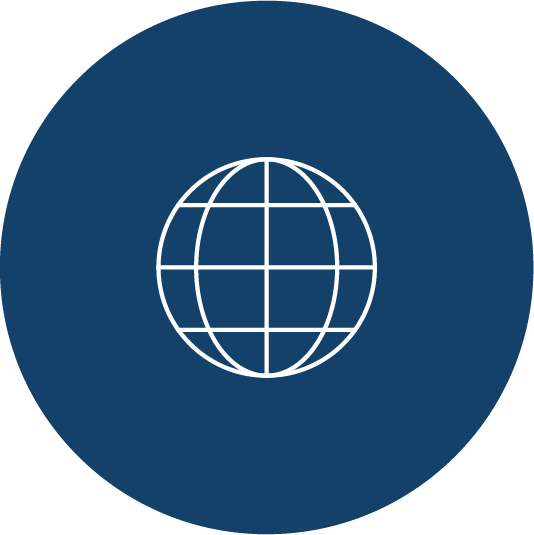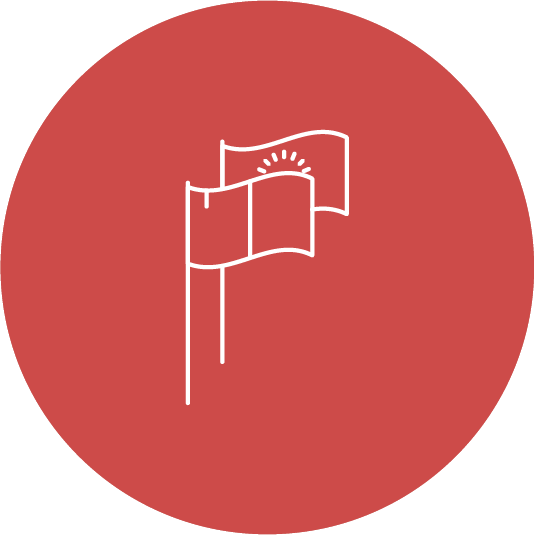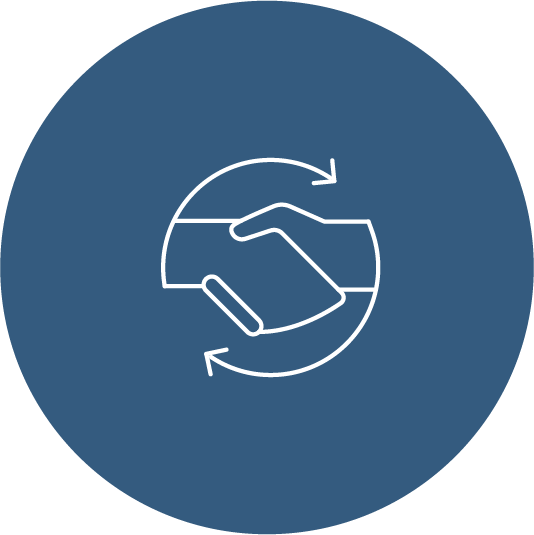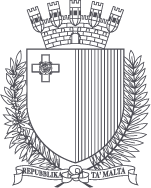Thank you, Captain Nash.
Mr President of The Nautical Institute, Distinguished Guests,
Good morning. When one visits the head office of the Ministry for Foreign Affairs and Trade Promotion, in Valletta – the charming 18th century Palazzo Parisio – one of the first things to catch one’s eye is a limestone replica of a low, small, marble Phoenician pillar called ‘Cippus’ [SIPPUS].
In the ancient Phoenician civilisation, cippi [SIPPAJ] were used as milestones, funerary monuments, markers, or votive offerings. Two of these artifacts were unearthed here in Malta in the late 17th century – one of them is displayed at the National Museum of Archeology in Valletta, while the second one is in the Louvre in Paris, having been presented by the 70th Grand Master of the Order of St John, Fra Emmanuel de Rohan-Polduc [POLDUK], to King Louis XVI [the sixteenth] of France in 1782.
The Phoenicians of almost three millennia ago were a highly-civilised people who were one of the world’s foremost maritime powers based on trade and commerce, and who settled in Malta at around the year 750 B.C.
Their cippus is a constant reminder of the importance that they gave to our archipelago as one of the main stops on their maritime trade routes. Looking at Malta’s role today in the maritime world, I must say that old habits die hard.
For thousands of years, Malta’s geographically-strategic position close to Europe, North Africa, and the Middle East, has rendered it attractive to distant countries as a transshipment hub. Malta’s access to the European Union’s single market, through its membership from 2004 onwards, only strengthened its importance in the heart of the world’s greatest shipping routes and the Europe – West Africa – Middle East triangle.
Malta has shown notable international leadership in this sector. Fifty years ago, our country tabled a United Nations proposal which eventually resulted in the adoption of the 1982 Convention on the Law of the Sea. Because of this initiative, Malta is considered the pioneer of this Law of the Sea and its outcomes. Our first Permanent Representative to the United Nations, Dr Arvid Pardo formalised this proposal, which gave birth to the doctrine that states that the seabed, the ocean floor, and the sub-soil are ‘the common heritage of mankind’, to only be used and exploited for peaceful purposes and for the benefit of mankind as a whole.
I would like to underscore the significance of this Maltese initiative, spearheaded by Dr Arvid Pardo, which has left an indelible mark on the history of mankind, and continues to guide us in today’s world. Pardo’s doctrine of the ‘human heritage of mankind’ underpinned the idea of sharing our common goods, which today has extended to all issues concerning our common environment and has even been enlarged to include outer space.
Malta prides itself in having the largest international ship register in the European Union, and the sixth largest one in the world, with flag integrity and competitive registration fees. Our harbours are the third largest transshipment and logistics hub in the Mediterranean, and they include a fully-equipped grain terminal and warehousing facilities. This enables the storage, and consequent shipment, of merchandise. Efforts to further bolster the sector include a 55 million euro investment to build a Mediterranean Maritime Hub, to serve as the regional centre of service support for the marine, oil, and gas industries.
Yachting is also an important industry within the maritime sector. With nine yacht marinas across Malta and Gozo, our islands have become a destination for yachts, and also super yachts.
Likewise, Malta has become a central attraction and destination for cruiseliners. Tourism from cruiseliners making a stop in the Grand Harbour has become an all-year-round activity, boosting our tourist arrivals to unprecedented records, while putting Malta firmly on the map of Mediterranean tourism itineraries.
If we shift our attention to the Malta Freeport – the first transhipment hub in the Mediterranean region – it enjoys positive international recognition with global carriers as a reliable and credible port. It is equipped with 21 quayside cranes, state-of-the-art facilities and container-handling equipment, top-notch technology, as well as fully-trained personnel and an unmatched quality service complying with the relevant ISO standards.
Through regular services operating from Malta Freeport, clients reach 135 ports worldwide, 64 of which are in the Mediterranean and the Black Sea. Malta Freeport is currently operating at full capacity. An extension was approved last March, and this 60 million euro investment will increase the Freeport’s handling capacity from three million Twenty-Foot Equivalent Units per annum to four million.
Ladies and Gentlemen,
Trade and international relations have always been entwined. Without good relations, nations cannot expect to prosper through trade. Trade Promotion has been entrusted to the Ministry of Foreign Affairs following last years’s general election, precisely for this reason.
My Ministry has been relentlessly outreaching in a bid to expand Malta’s trading capabilities, by enhancing our existing diplomatic relations while creating new ones in strategic regions.
We are doing this through our diplomatic missions across the globe, and also through Trade Malta, an executive agency that operates as a public-private partnership formed between the Government of Malta and the Malta Chamber of Commerce, Enterprise and Industry. This agency works tirelessly to promote and support joint-ventures and other forms of international business opportunities between Malta-based businesses and foreign companies.
Whilst strengthening trade of goods, Malta has done well in building fiscal, legal, corporate, and registration services. Although it is imperative to develop these areas, it is also time to shift focus to other strategically important offerings which have even more “value added”. Malta is, for instance, aiming to become the first country in the world where Blockchain is regulated, thus attracting further interest and foreign investment in this new industry. Malta is also very much involved in the Belt and Road Initiative, the development strategy proposed by the Chinese government.
Ladies and Gentlemen,
I am truly delighted to address this esteemed meeting of the international representative body for maritime professionals involved in the control of sea-going ships. I commend you for the wide range of services you provide to enhance the professional standing and knowledge of your members, who hail from all sectors of the maritime world.
Thank you for choosing Malta, a country with a reputation as one of the world’s most reliable and effective centres for maritime services; a country that is determined to keep striving to reap the full potential of its maritime vocation.
Today, Malta hosts a number of international institutions, including the International Maritime Law Institute, the International Ocean Institute, and the Regional Marine Pollution Emergency Response Centre for the Mediterranean Sea.
However, we also continue to strive to consolidate our position as one of the leading players in the highly competitive environment of the global shipping industry.
Arvid Pardo, Father of the Law of the Sea, does not only represent our past achievements. He inspires us to keep striving in our efforts to make a meaningful impact in today’s world. This is the reason why we are seriously considering proposing, at the United Nations, the undertaking of a thorough study aimed at achieving our vision to have a consolidated international maritime framework. Today’s fragmented approach, where different UN agencies deal with overlapping issues but in a disjointed manner, makes little sense. This has to change if we want a sustainable future and sustainable oceans.
I thank you for your kind attention and wish you well for this conference.






